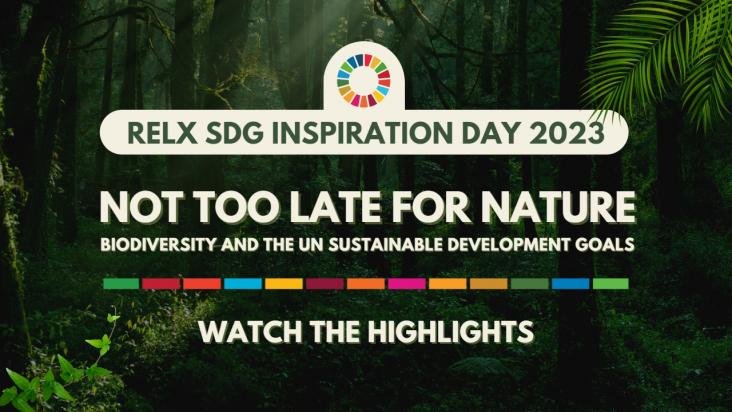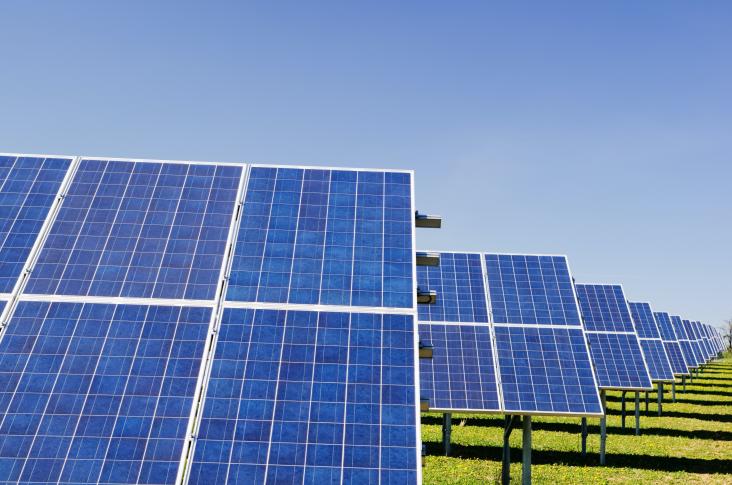This chapter aligns with Goal 3: Good Health and Wellbeing and Goal 15: Life on Land by discussing the ethical considerations of caring for non-human primates as laboratory subjects.

Find all the details and watch the videos from the 2023 RELX SDG Inspiration Day: "Not Too Late for Nature: Biodiversity and the UN Sustainable Development Goals." Eminent conservationist Dr. Jane Goodall, DBE, Founder of the Jane Goodall Institute and UN Messenger of Peace and 8th United Nations Secretary General Ban Ki-moon, provided keynote remarks alongside many more global leaders and subject matter experts.
Show effects of wildfires on the vocal communcication of an iconic threatened species
This is the first report on genetic diversity and population structure analysis of P. polyphylla at the molecular level in Nepal.
This article shows that ecological factors play a significant role in shaping the phytochemical diversity among and within wild populations of Teucrium marum.
This Health Policy paper supports SDG 3, 15, and 16 by highlighting how climate change and other human-induced environmental changes, such as loss of biodiversity and air pollution, disproportionately affect the health of minoritised people globally.
This chapter aligns with Goal 3: Good Health and Wellbeing and Goal 15: Life on Land by describing the needs of cats in order to promote companion animal welfare.

Recognising our customers' exceptional work to achieve the United Nations' Sustainable Development Goals

This article describes the effects of climate and environmental change on viticulture in heroic & steep slope settings

